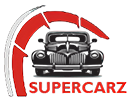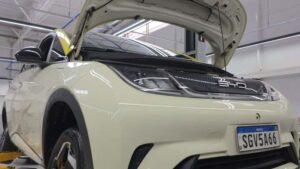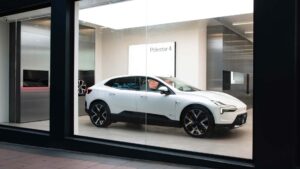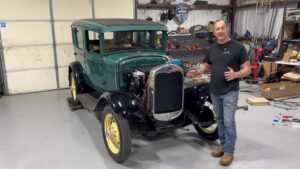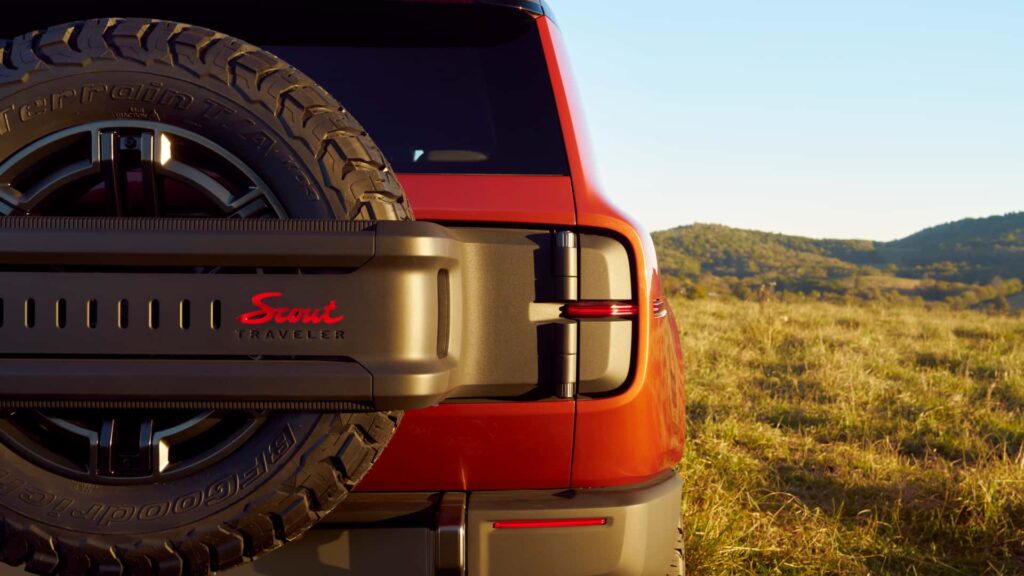
- Dealer groups say they want to stop Scout Motors from selling its EVs and EREVs directly to consumers.
- Scout executives are confident that they’ll prevail in the end, though.
- Direct-to-consumer sales are a key selling point for the brand, allowing it to offer price transparency and a seamless sales experience.
Dealers are already organizing against Scout Motors. The reborn off-road brand plans to sell its electrified trucks directly to consumers when they launch in 2027, with transparent pricing, digital orders and company-owned stores. The model has been extraordinarily successful for Tesla, and is winning fans for brands like Rivian and Lucid. Despite that, though, Scout’s plans may still be challenged in court. Don’t worry, though. Scout executives are confident they’ll win.
“We’re highly confident we’re going to prevail,” Cody Thacker, Scout Motors’ Vice President of Growth, told InsideEVs. “We think we have the right position here, and it’s never a bad spot to be advocating for the consumer, to be advocating for consumer choice and to be advocating for consumer freedom and car buying.”
So what’s the problem?
Car dealers. Volkswagen ones, to be specific. VW’s existing dealers are largely furious about getting cut out of Scout Motors, which itself is owned by the Volkswagen Group. Scorned dealers have noted that the Scout vehicles are exactly the kind of products they have been begging VW to offer in America.
“To just show these new vehicles that would have fit very nicely into VW’s portfolio, it’s like rubbing salt in the wound here,” National Auto Dealers Association CEO Mike Stanton told Automotive News back in October.

Photo by: Scout Motors
California dealers are already planning to sue, arguing that Scout is effectively competing with Volkswagen’s own dealers, which many state franchise laws prohibit. Scout, for its part, says that it is a wholly different company than Volkswagen, and therefore not bound by VW’s franchise agreements. And if the challenges are designed to scare Scout off, it’s not working.
“To me there is no doubt that if we can offer a buying process that is transparent, that is seamless, that is fast and that is truly enjoyable, that’s what we’re doing,” Scout CEO Scott Keogh told InsideEVs in an interview. “I think these things should be decided by the American consumer and businesses should innovate and compete. I’ll let the market speak. And I think letting the market speak is always the right thing.”
“Of course, we’re aware of what some of the car dealer groups have claimed,” Thacker added. “Yeah, it’s what you would expect from a lobbying entity. It’s what you would expect from a trade association. So there’s nothing unexpected that we’ve come across, but we don’t believe that there’s any validity to the claims.”

Photo by: Scout Motors
Scout’s SUV, the Traveler.
Thacker says it became clear to him early on that a direct-to-consumer model was essential. In conversations with customers, it was clear that EV buyers want transparent pricing, a seamless digital purchase experience and none of the back-office haggling that you get at a dealer. Plus, given his focus on growth, Thacker is attracted to the speed and simplicity of scaling allowed by a direct model.
“Before the internet, there was no way to browse. You needed a lot full of cars,” he said. “Of course you had to have a sea of sales managers, and that sea of sales people meant you had to have sales managers, and general sales managers, and general managers, and it meant you had to have [Finance & Insurance] offices. And it meant you had to have F&I managers. If you look at that in the light of all of the modern digital tools that are available, it really stops making sense.”
Notably, Scout does not need to win every state-level to make this model work. Rivian and Tesla have proven that if you are willing to write the transaction in one state and deliver cars in another, you can service most states even if they bar you from getting a dealer’s license. A customer in Louisiana, for instance, can still buy a Tesla from a neighboring state and register it there. But building up a service network is a tougher challenge, one that has flummoxed both Tesla and Rivian at times.
“Within five years of our launch, we’ll have 100 rooftops across the United States and Canada[…] All of these locations will over-index on service infrastructure,” Thacker said.

These challenges make the road ahead a little less clear for Scout.
The company is confident that it will be able to scale sales and service operations to meet demand. Because it won’t be shopping around for dealer partners, Thacker also says Scout can adjust quickly should things change. Executives are clear, then, that the direct-to-consumer model is both essential and viable for Scout. The dealers won’t stop them.
“The important thing too is, we’re not saying dealers are bad or other brands shouldn’t use dealers,” Scout Communications Manager Kathy Graham said. “We’re saying what’s right for Scout and only Scout.”
Contact the author: Mack.hogan@insideevs.com.
